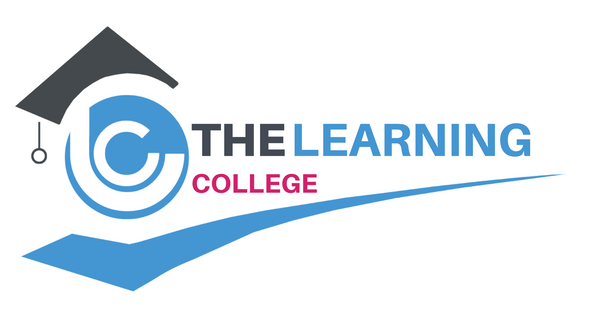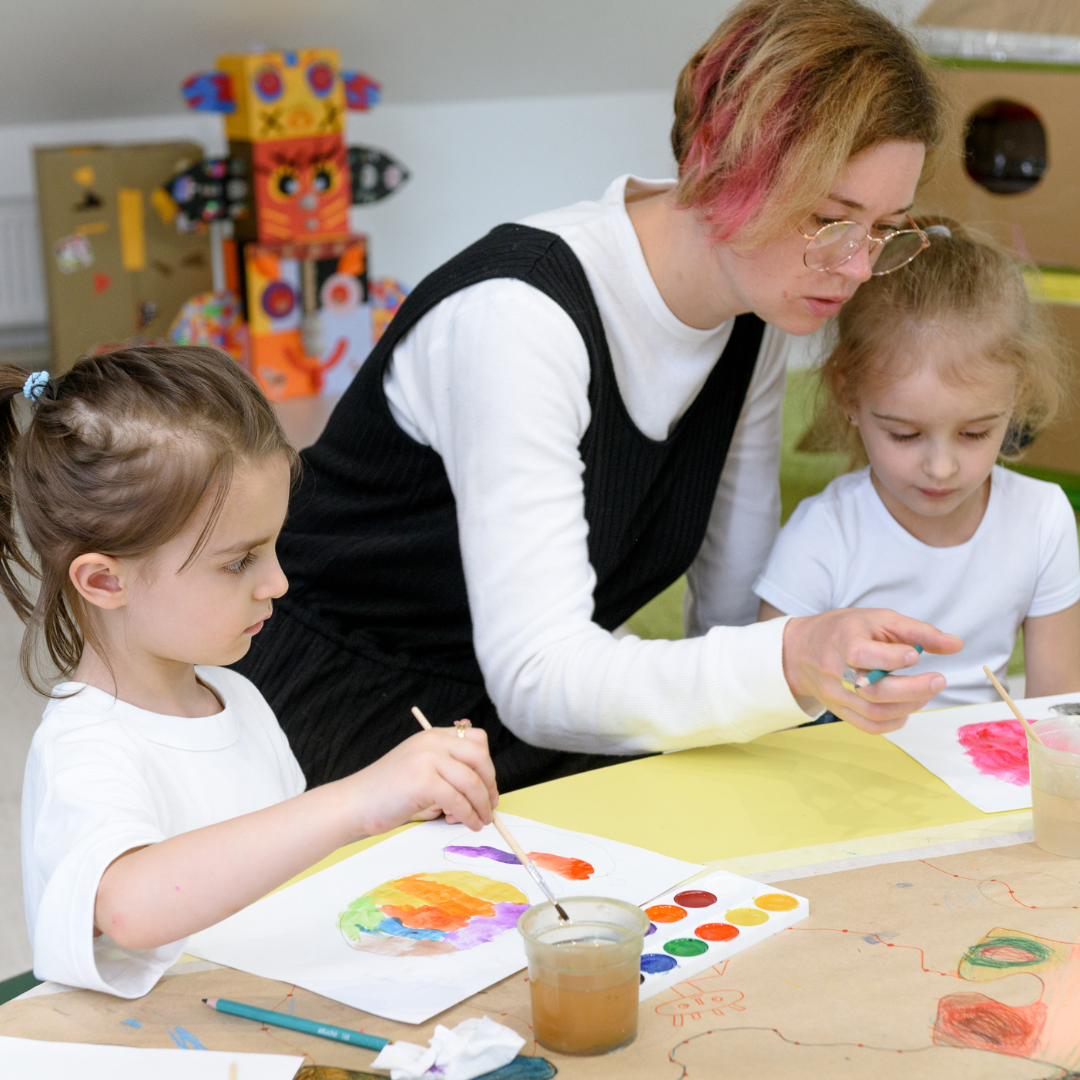TQUK Level 3 Diploma in Specialist Support for Teaching and Learning in Schools (RQF) - The Course Module Information and Units covered
Unit 1 – Promote children and young people’s positive behaviour.
Learner Outcomes:
- Understand policies and procedures for promoting children and young people’s positive behaviour.
- Be able to promote positive behaviour.
- Be able to manage inappropriate behaviour.
- Be able to respond to challenging behaviour.
- Be able to contribute to reviews of behaviour and behaviour policies.
Unit 2 – Support Children and Young People’s Health and Safety
Learner Outcomes:
- Understand how to plan and provide environments and services that support children and young people’s health and safety.
- Be able to recognise and manage risks to health, safety and security in a work setting or off-site visits.
- Understand how to support children and young people to assess and manage risk for themselves.
- Understand appropriate responses to accidents, incidents emergencies and illness in work settings and off-site visits.
Unit 3 – Communication and professional relationships with children, young people, and adults
Learner Outcomes:
- Understand the principles of developing positive relationships with children, young people, and adults.
- Understand how to communicate with children, young people, and adults.
- Understand legislation, policies and procedures for confidentiality and sharing information, including data protection.
Unit 4 – Develop professional relationships with children, young people, and adults.
Learner Outcomes:
- Be able to develop professional relationships with children and young people.
- Be able to communicate with children and young people.
- Be able to develop professional relationships with adults.
- Be able to support children and young people in developing relationships.
- Be able to comply with policies and procedures for confidentiality, sharing information and data protection.
Unit 5 – Promote equality, diversity, and inclusion in work with children and young people.
Learner Outcomes:
- Be able to promote equality and diversity in work with children and young people.
- Understand the impact of prejudice and discrimination on children and young people.
- Be able to support inclusion and inclusive practices in work with children and young people.
Unit 6 – Understand How to Safeguard the Wellbeing of Children and Young People
Learner Outcomes:
- Understand the main legislation, Guidelines, policies and procedures for safeguarding children and young people.
- Understand the importance of working in partnership with other organisations to safeguard children and young people.
- Understand the importance of ensuring children and young people’s safety and protection in the work setting.
- Understand how to respond to evidence or concerns that a child or young person has been abused or harmed.
- Understand how to respond to evidence or concerns that a child or young person has been bullied.
- Understand how to work with children and young people to support their safety and wellbeing.
- Understand the importance of e- safety for children and young people.
Unit 7 – Support Learning Activities
Learner Outcomes:
- Be able to contribute to planning learning activities.
- Be able to prepare for learning activities.
- Be able to support learning activities.
- Be able to observe and report on learner participation and progress.
- Be able to contribute to the evaluation of learning activities.
- Be able to evaluate own practice in relation to supporting literacy, numeracy, and ICT.
Unit 8 – Schools as organisations
Learner Outcomes:
- Know the structure of education from early years to post-compulsory education.
- Understand how schools are organised in terms of roles and responsibilities.
- Understand school ethos, mission, aims and values.
- Know about the legislation affecting schools.
Unit 9 – Support assessment for learning
Learner Outcomes:
- Understand the purpose and characteristics of assessment for learning.
- Be able to use assessment strategies to promote learning.
- Be able to support learners in reviewing their learning strategies and achievements.
- Be able to contribute to reviewing assessment for learning.
Unit 10 – Engage in personal development in health, social care or children’s and young people’s settings.
Learner Outcomes:
- Understand what is required for competence in own work role.
- Be able to reflect on practice.
- Be able to evaluate own performance.
- Be able to agree a personal development plan.
- Be able to use learning opportunities and reflective practice to contribute to personal development.
Unit 11 – Understand Child and Young Person Development
Learner Outcomes:
- Understand the expected pattern of development for children and young people from birth – 19 years.
- Understand the factors that influence children and young people’s development and how these affect practice.
- Understand how to monitor children and young people’s development and interventions that should take place if this is not following the expected pattern.
- Understand the importance of early intervention to support the speech, language and communication needs of children and young people.
- Understand the potential effects of transitions on children and young people’s development
Unit 12 – Support Children and young people to achieve their education potential
Learner Outcomes:
- Understand the principles, values and current legislation that supports work to help children and young people achieve their educational potential
- Be able to support children and young people to identify and articulate their learning needs, set goals and plan actions
- Be able to support children and young people to work towards their educational goals
- Be able to review educational achievements with children and young people.
Unit 13 – Support children and young people to make positive changes in their lives.
Learner Outcomes:
- Understand how to support children and young people to make positive changes in their lives.
- Be able to support children and young people to make positive changes in their lives.
- Be able to review support to children and young people to make positive changes in their lives.
Unit 14 – Facilitate the learning and development of children and young people through mentoring.
Learner Outcomes:
- Understand how to facilitate the learning and development needs of children and young people through mentoring.
- Be able to support children and young people to address their individual learning and development needs.
- Be able to promote the wellbeing, resilience and achievement of individual children and young people through mentoring.
- Be able to review the effectiveness of the mentoring process.






